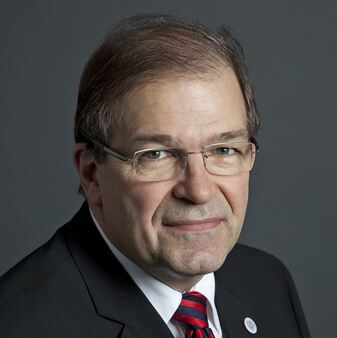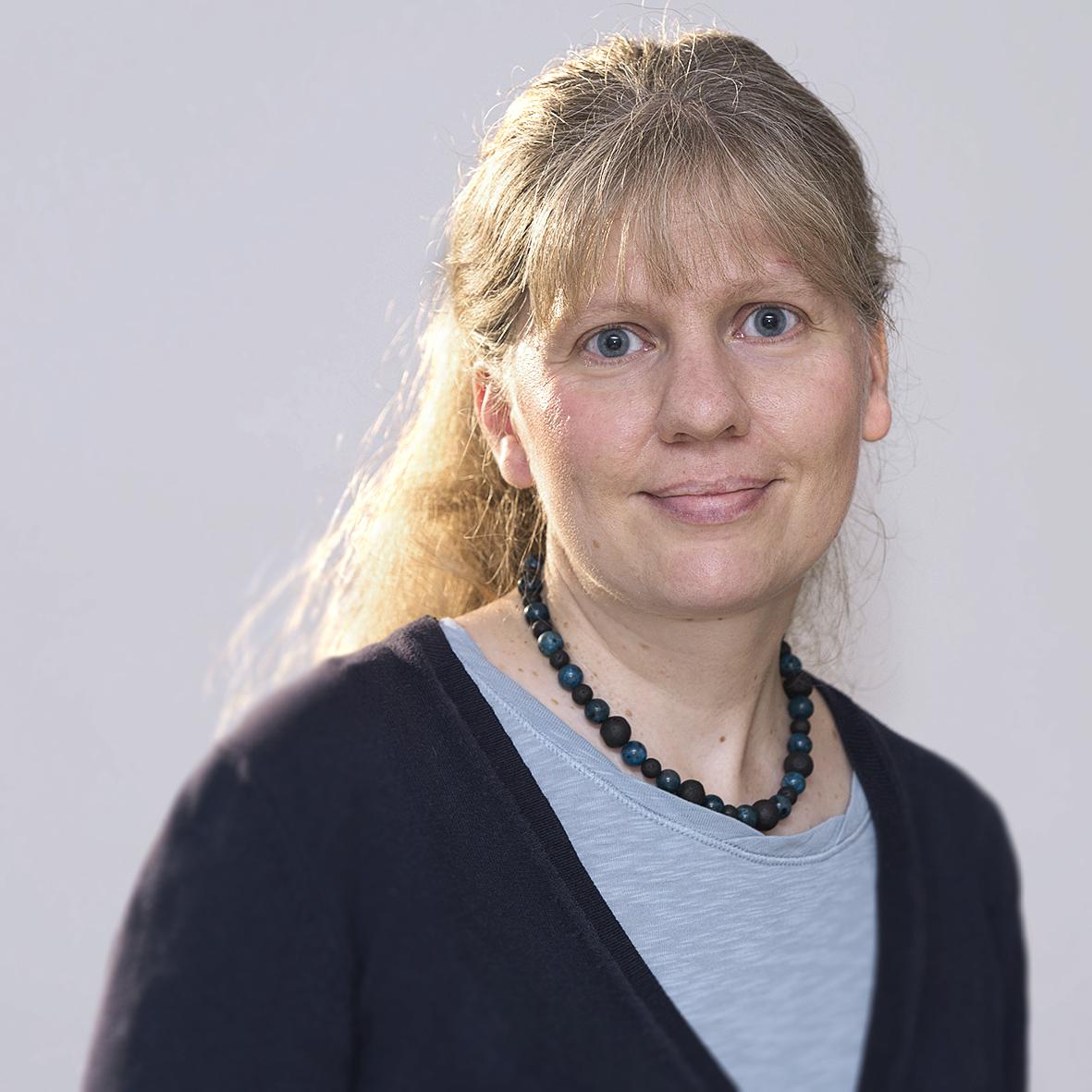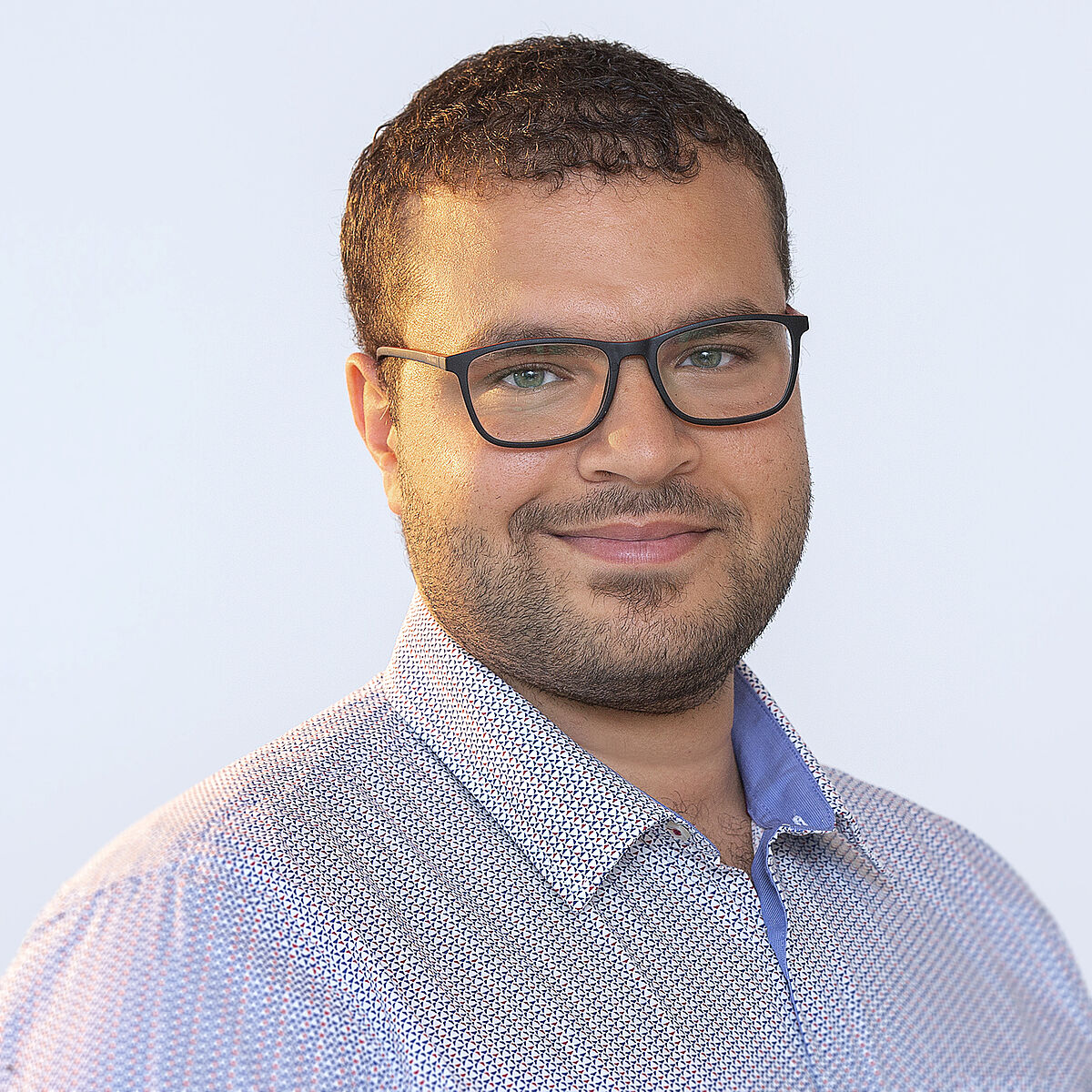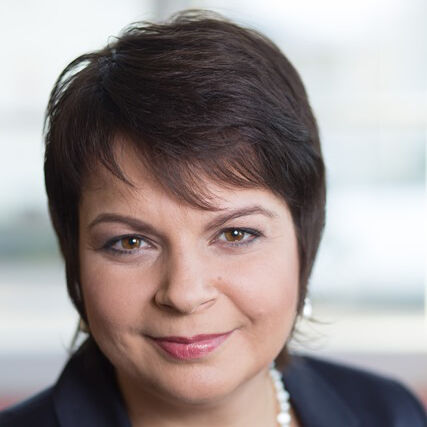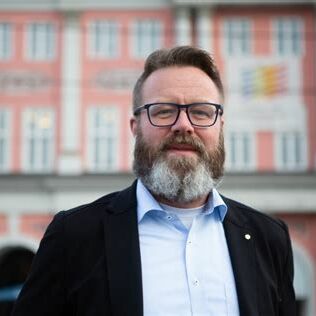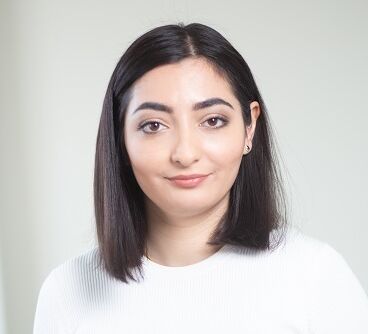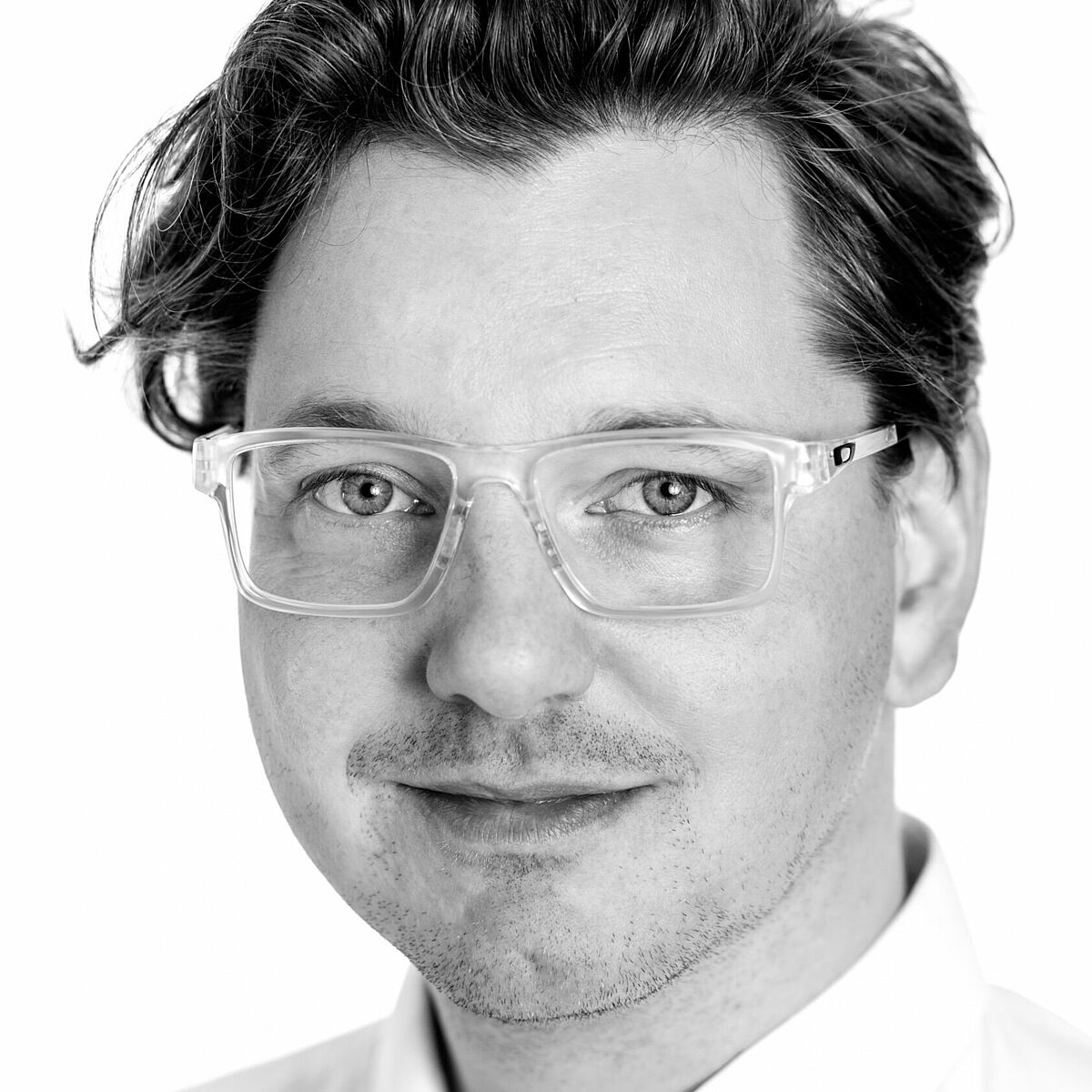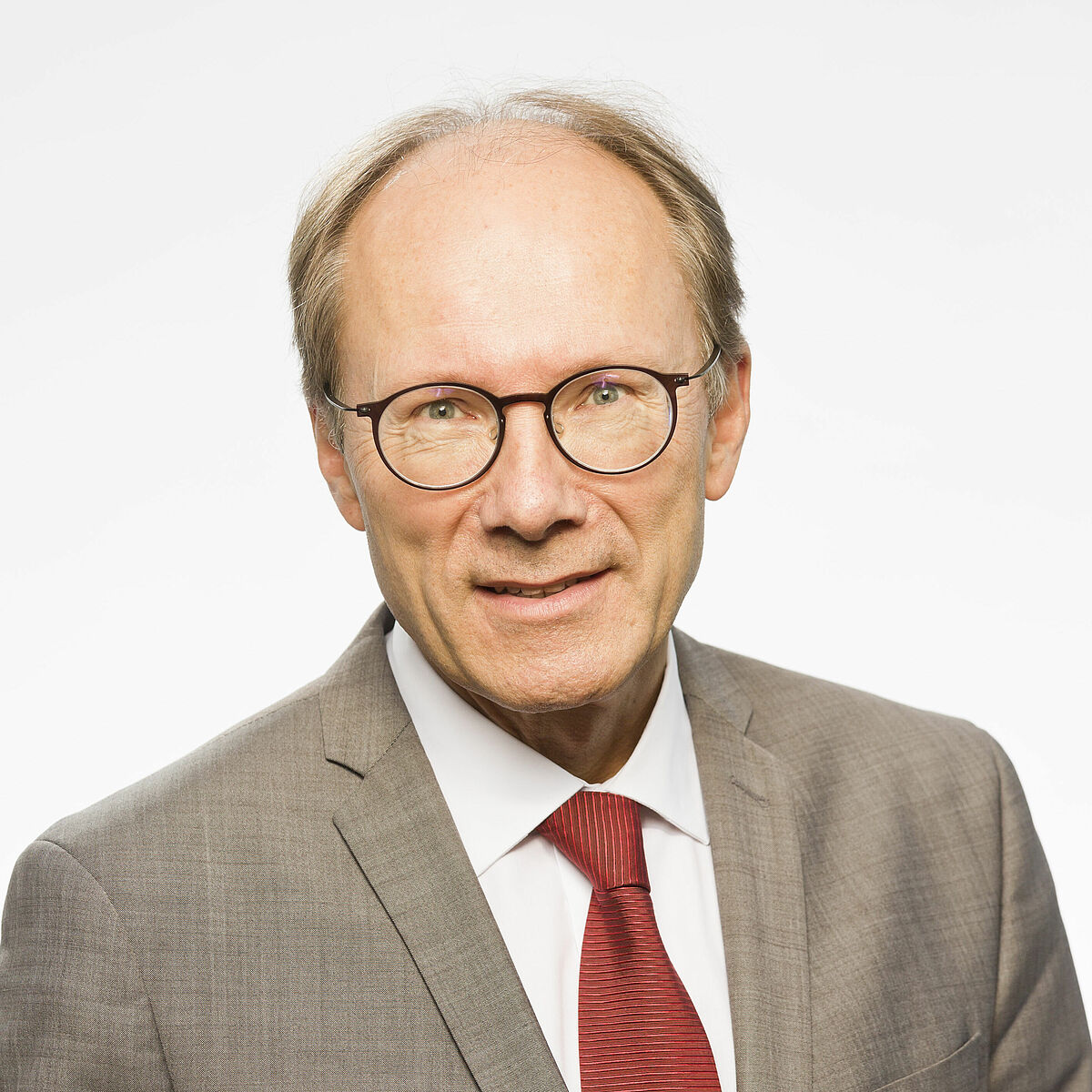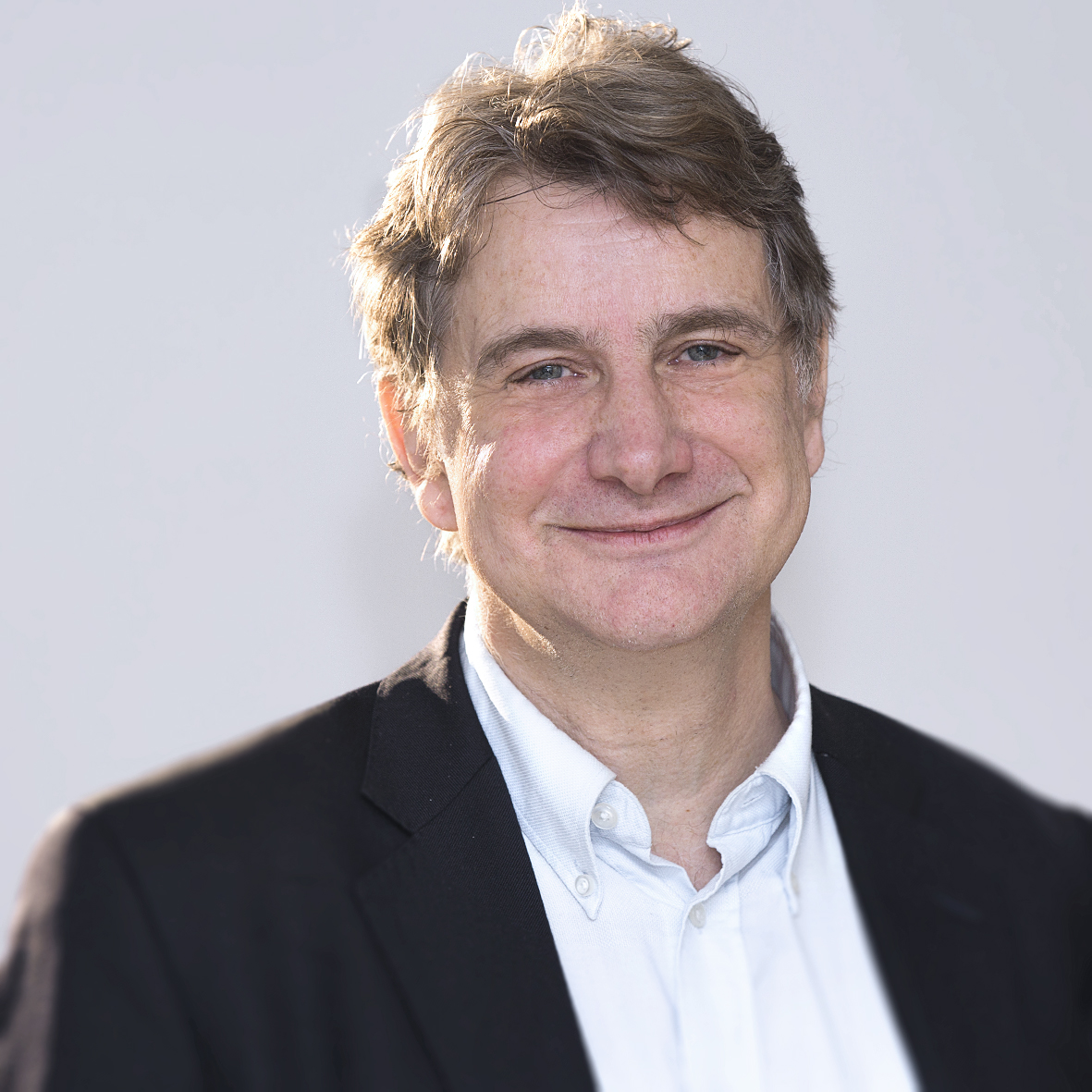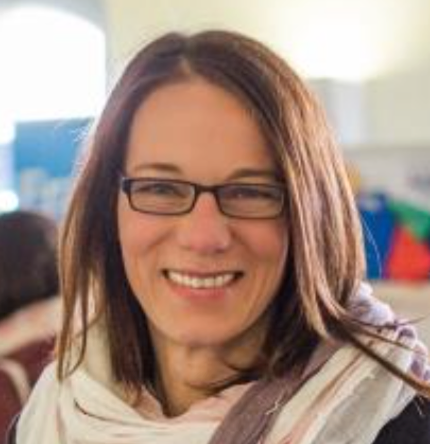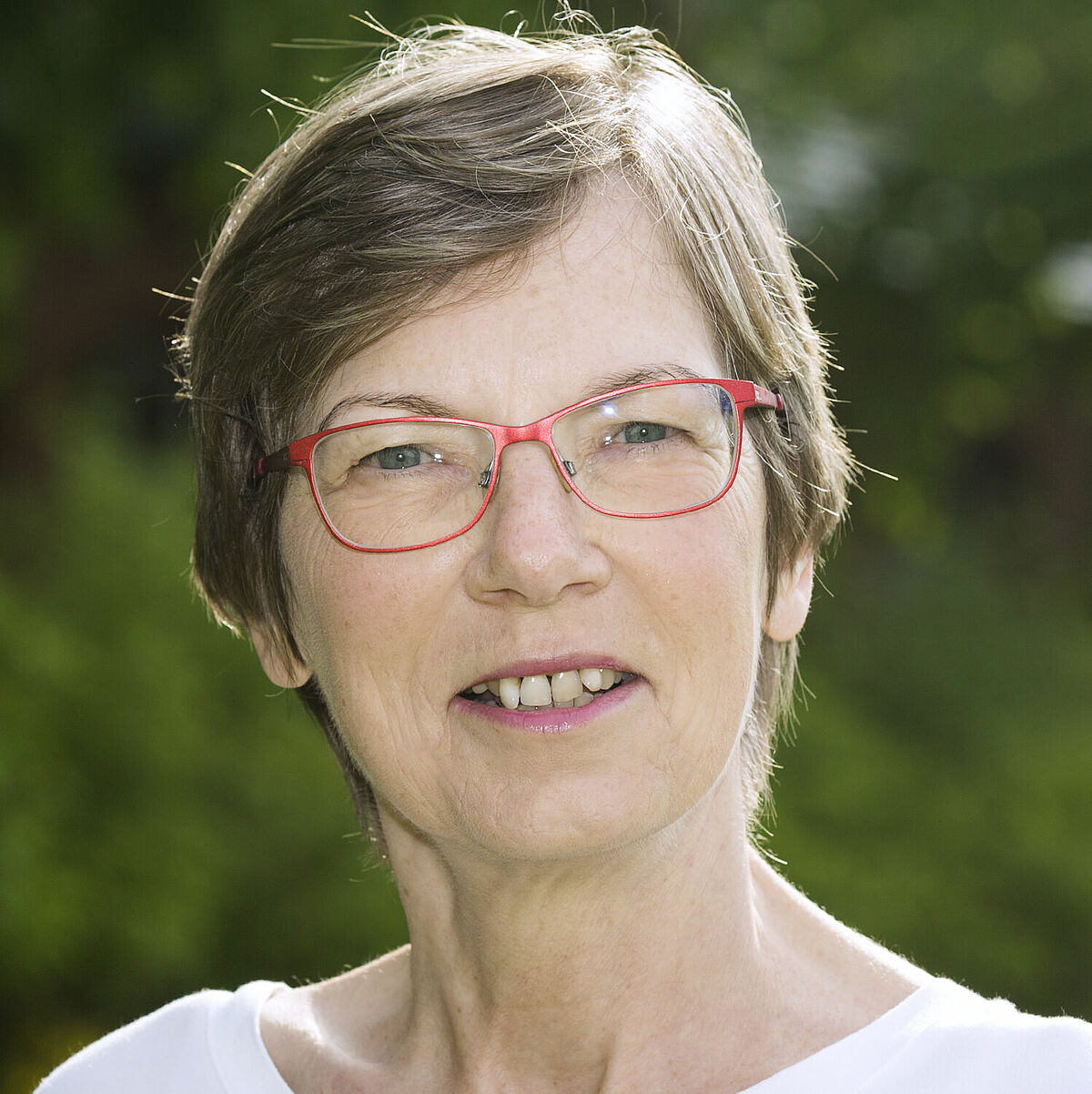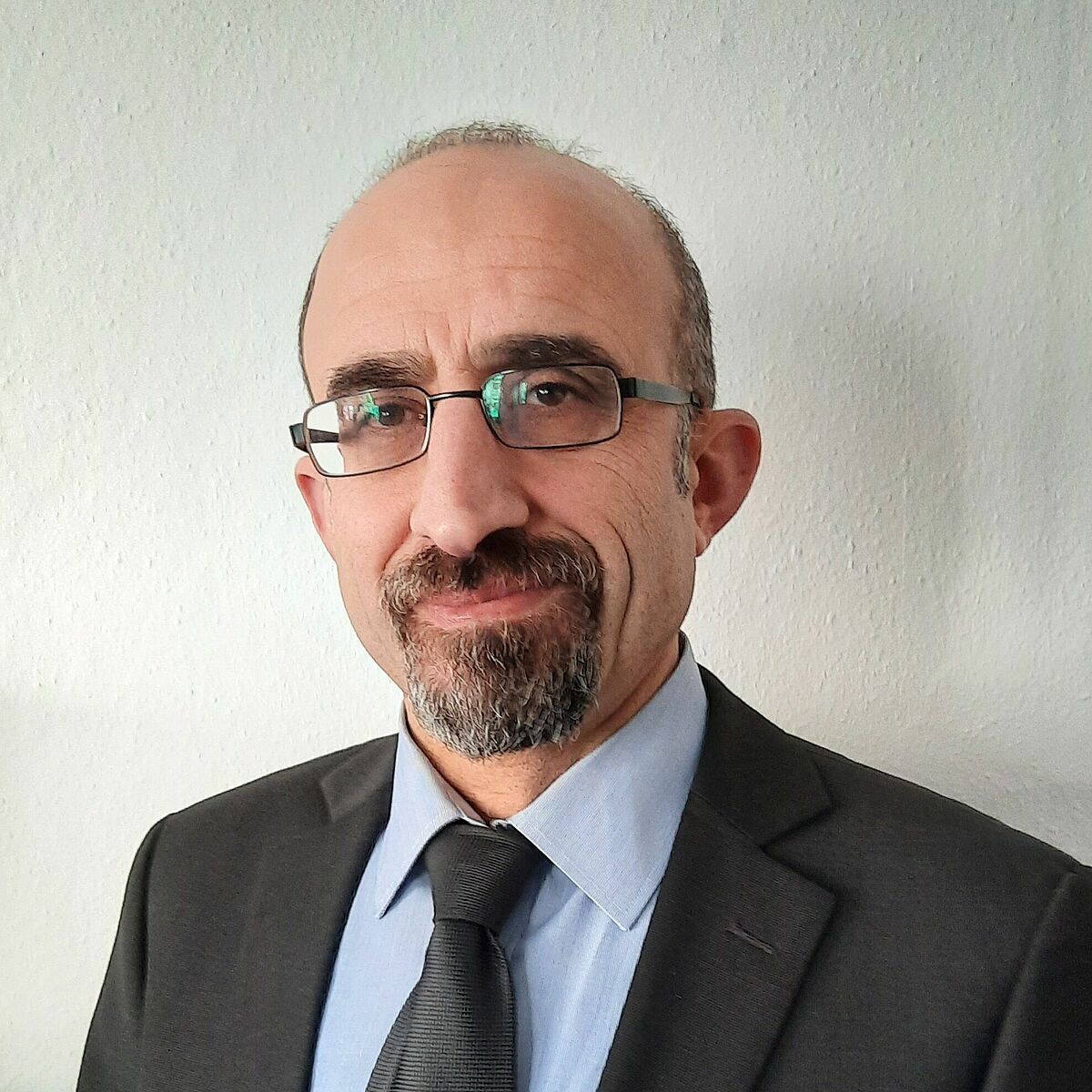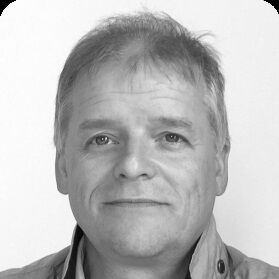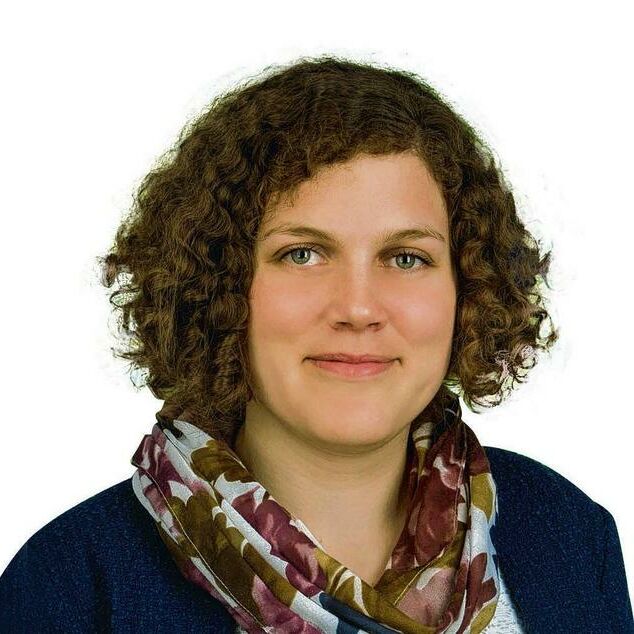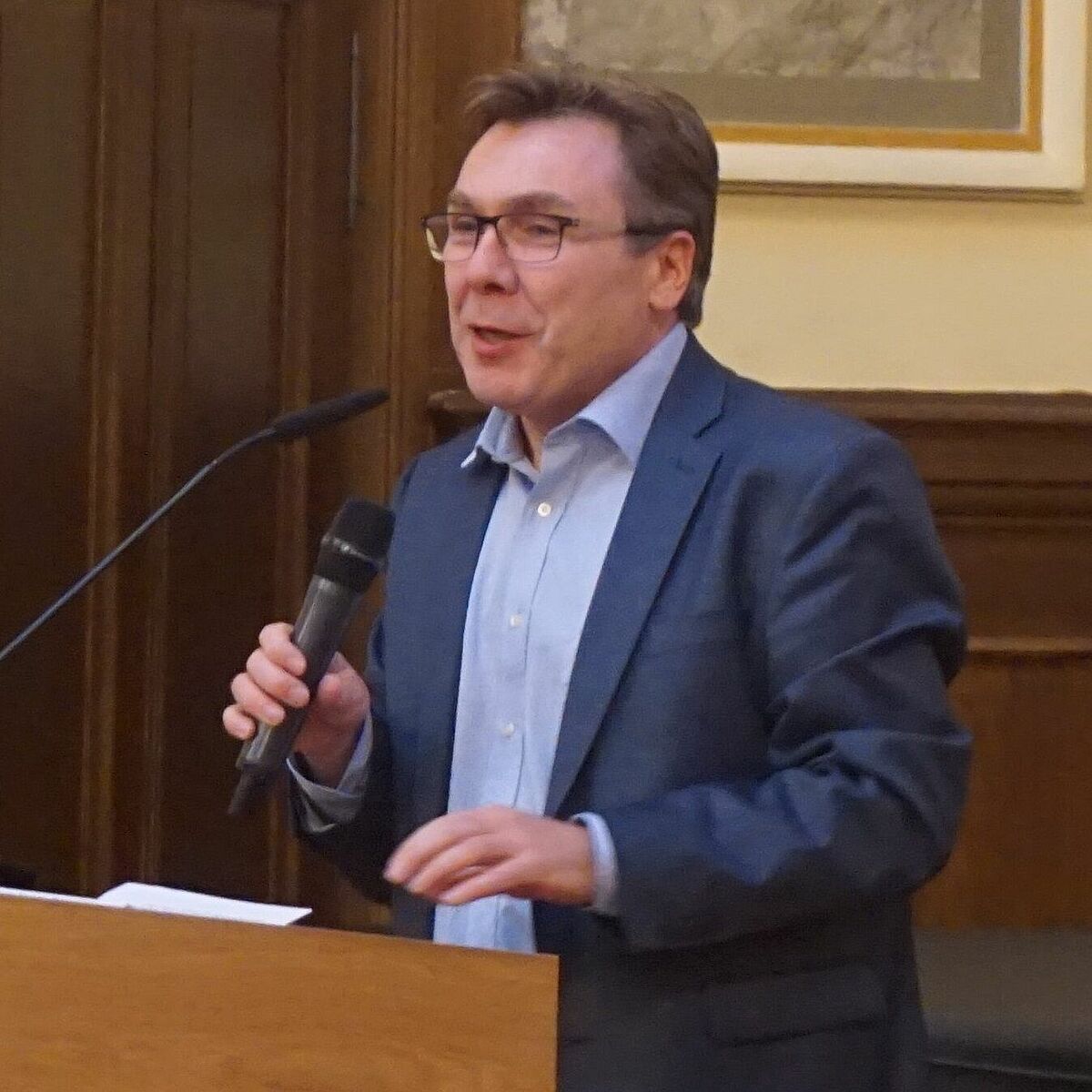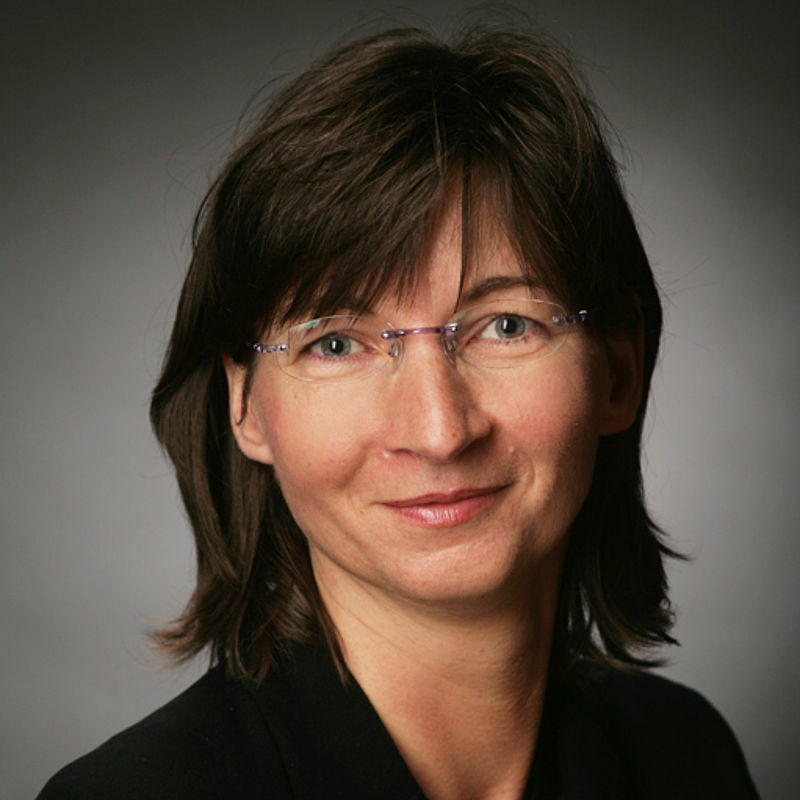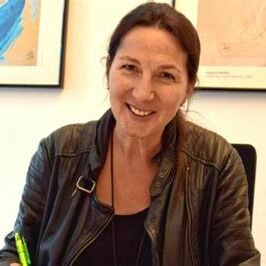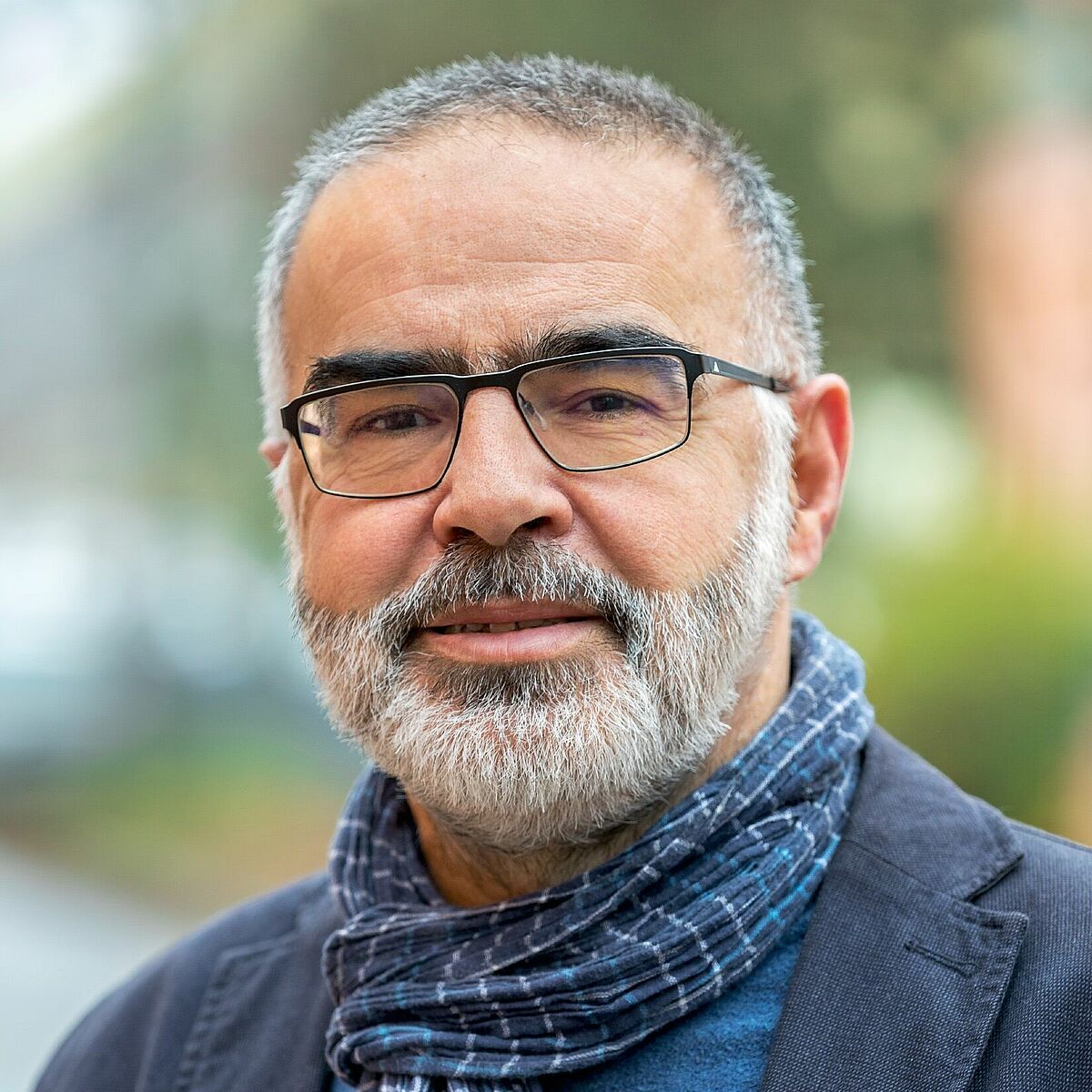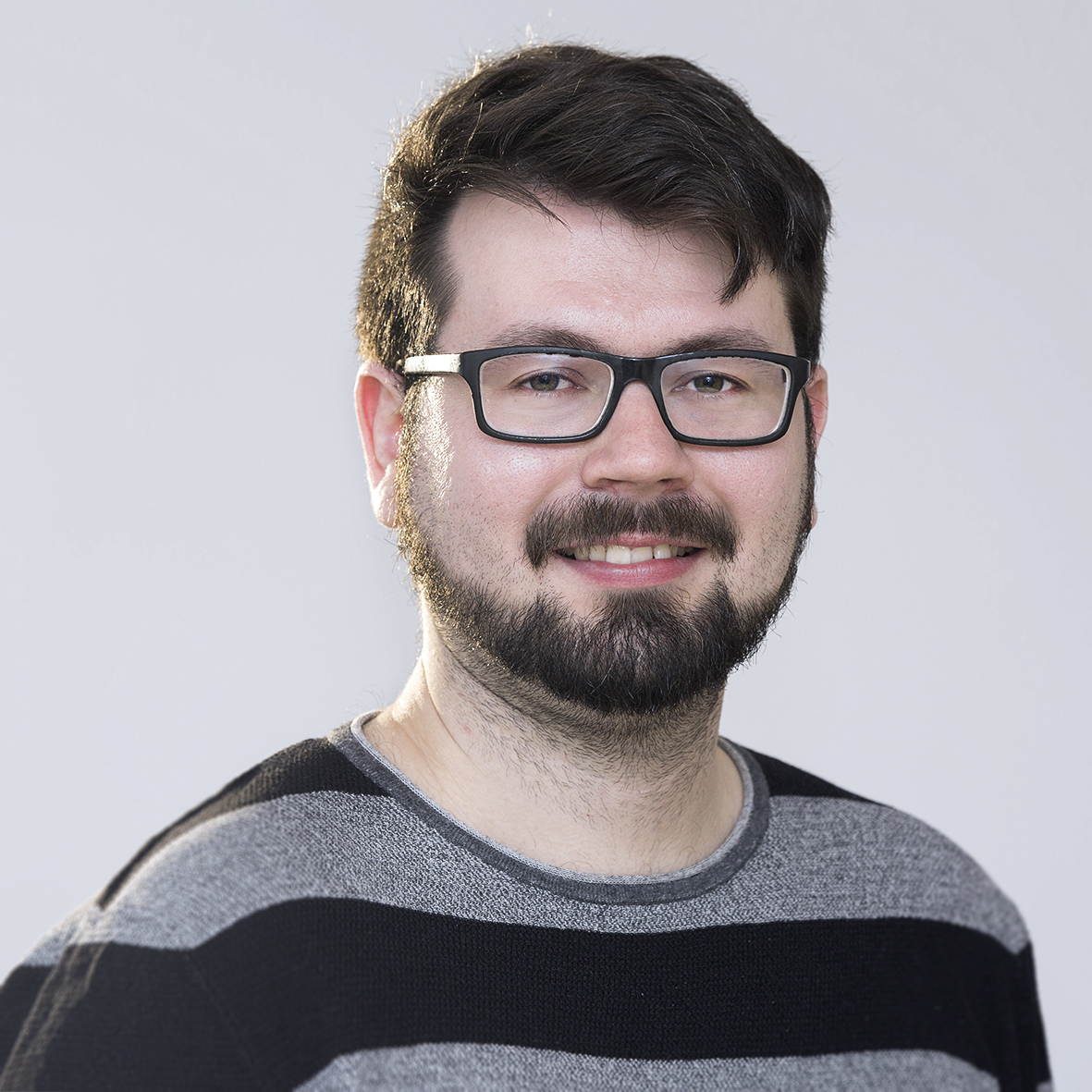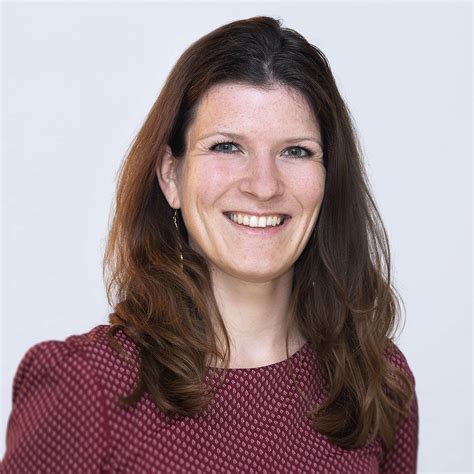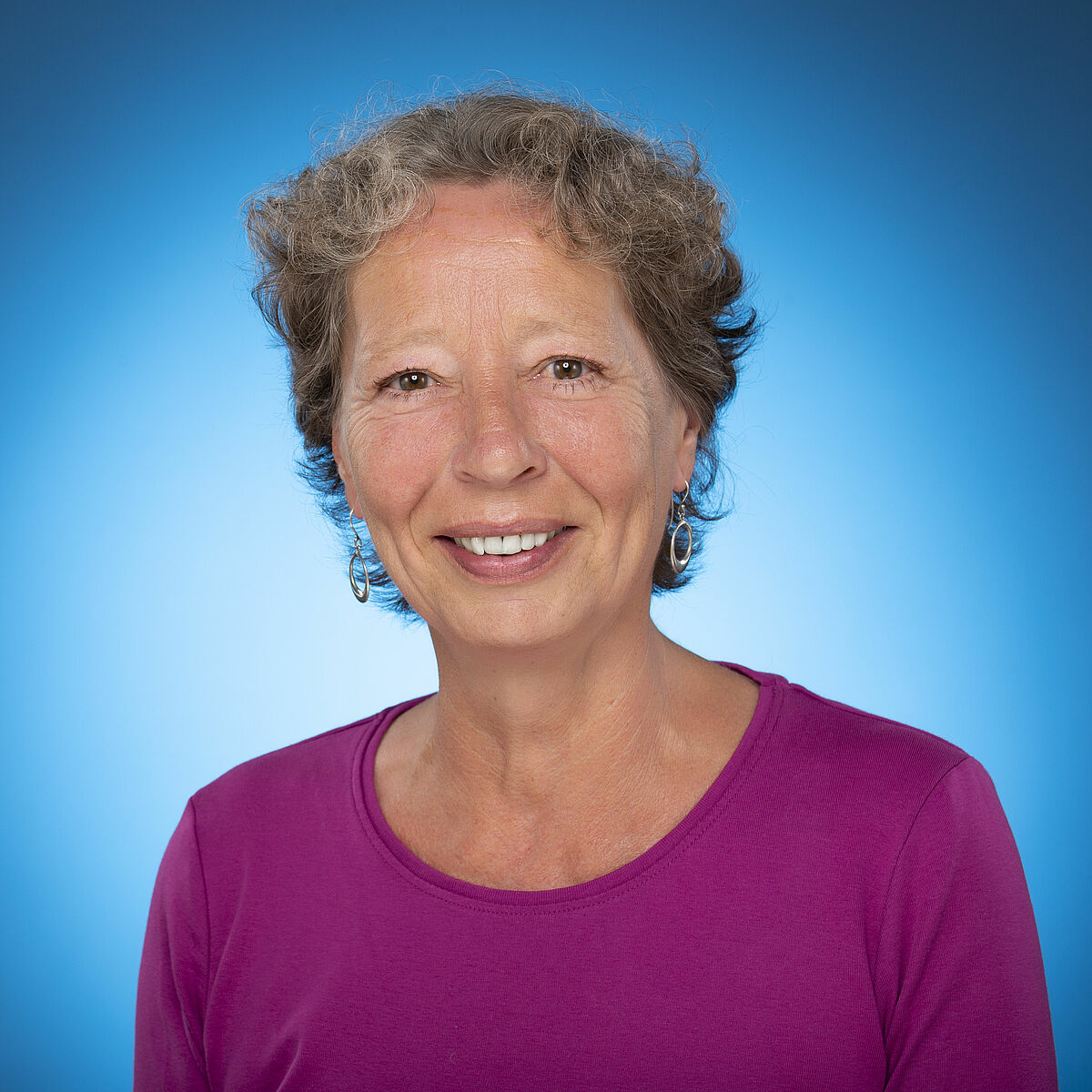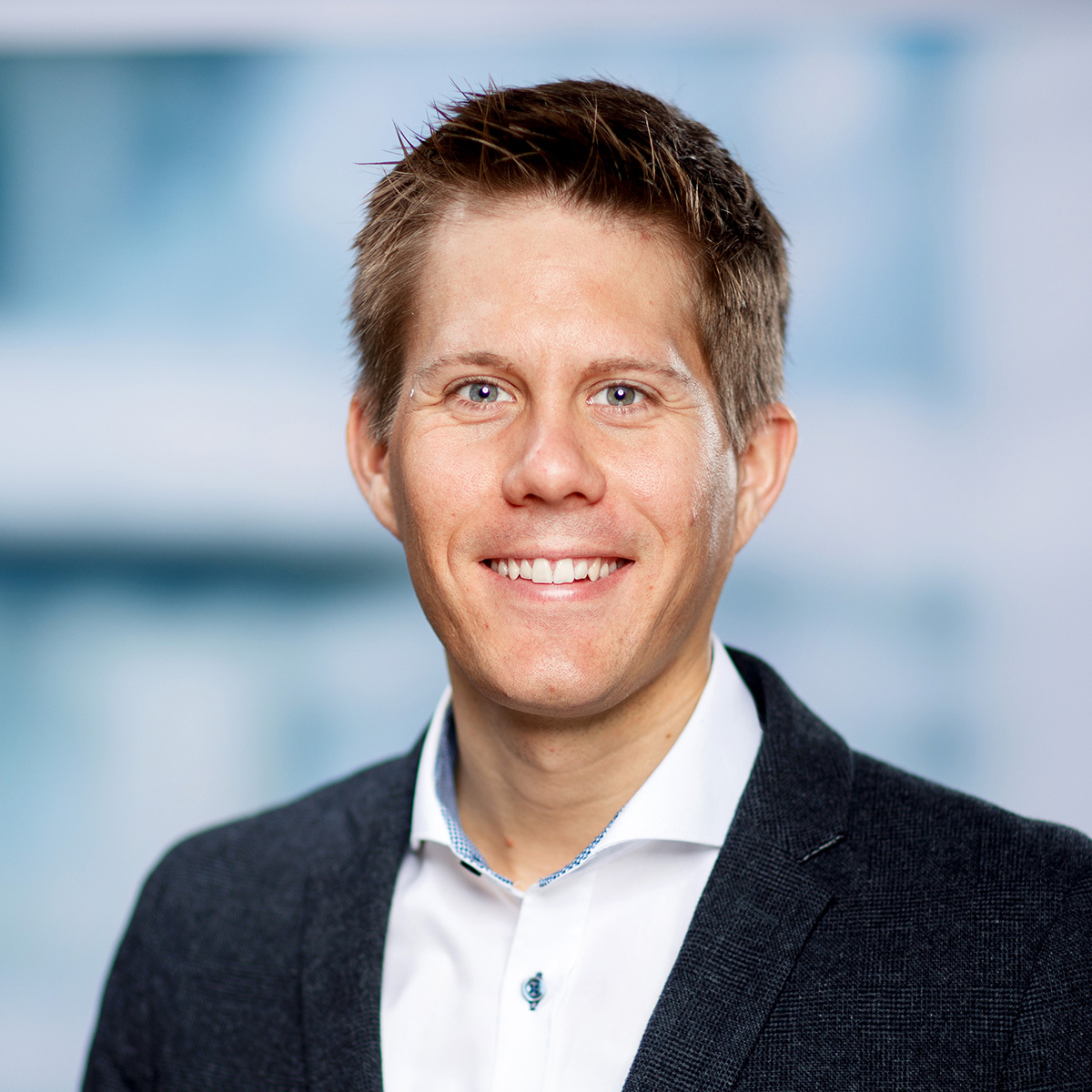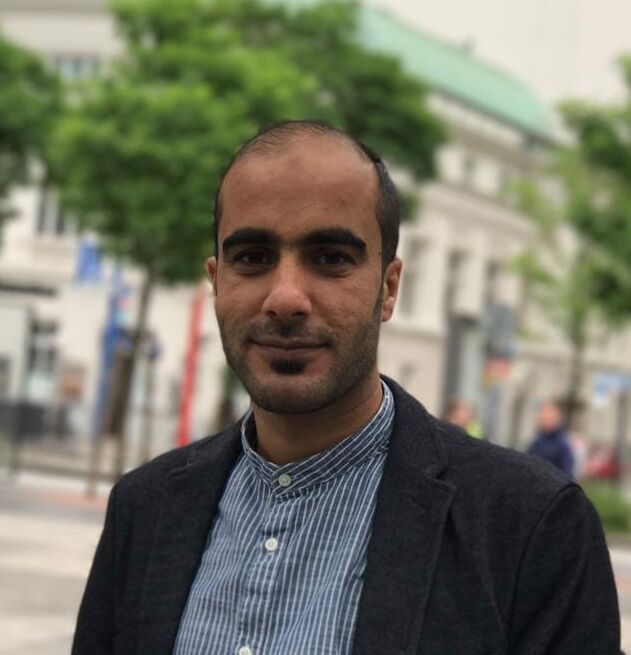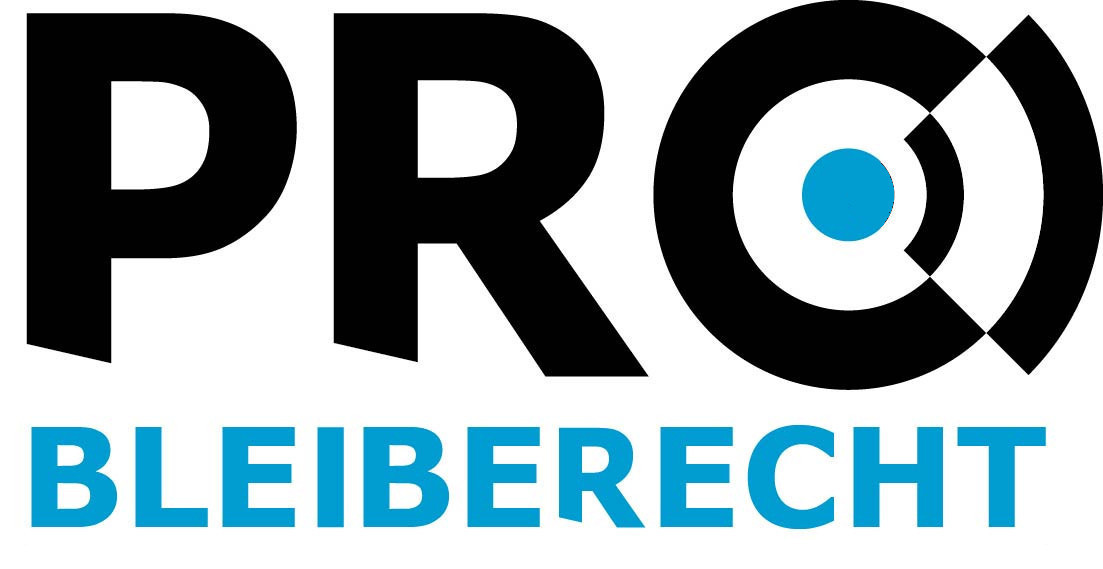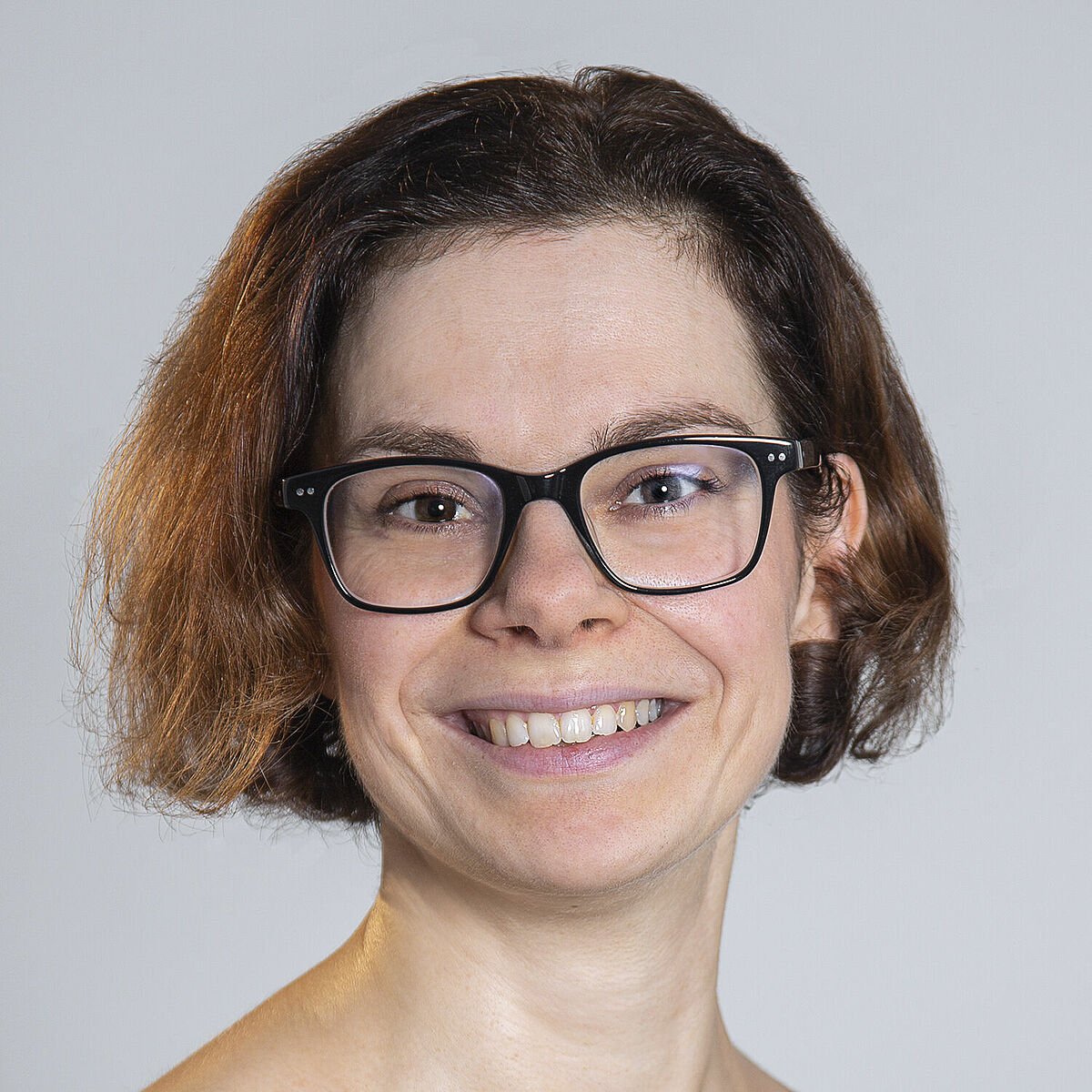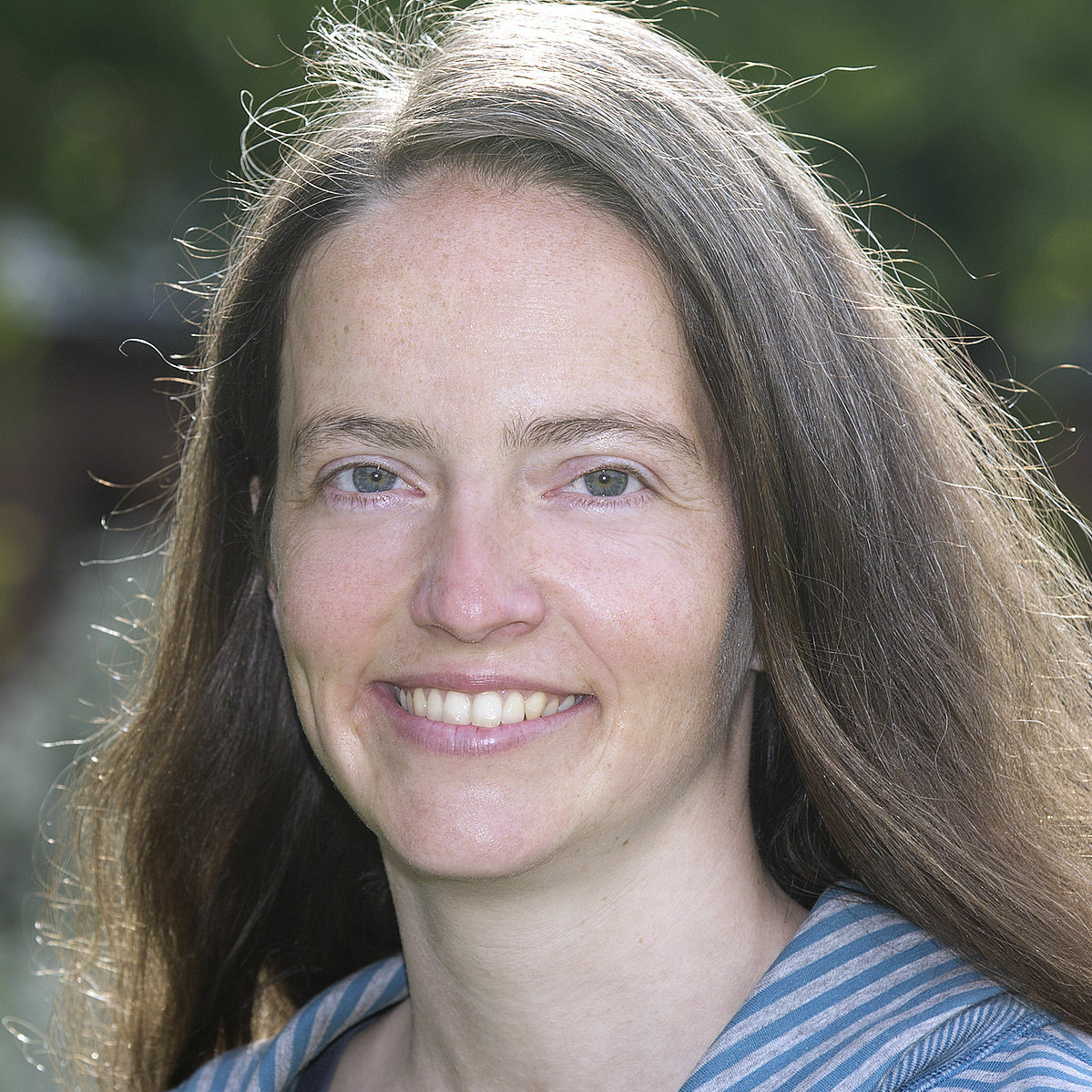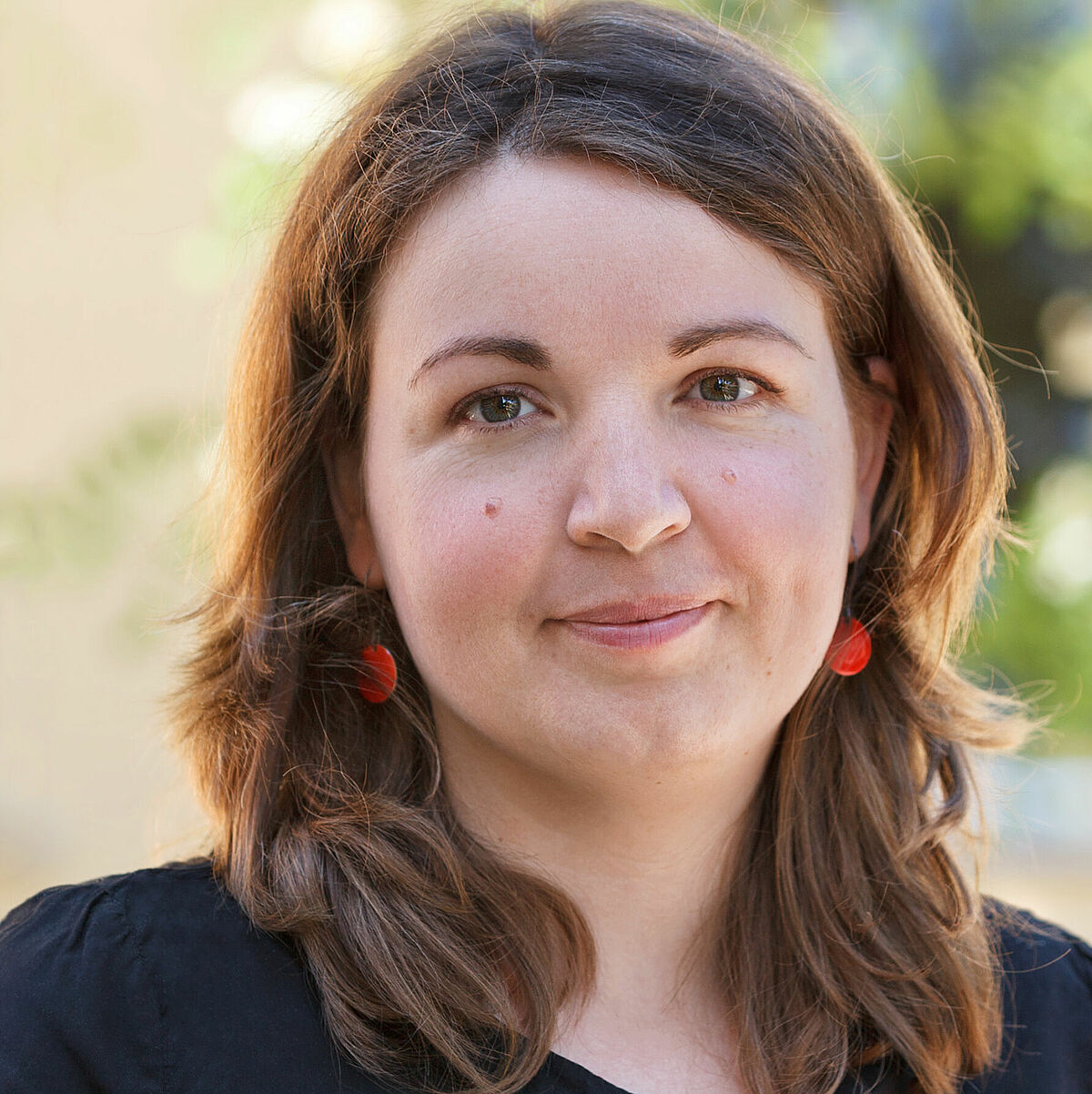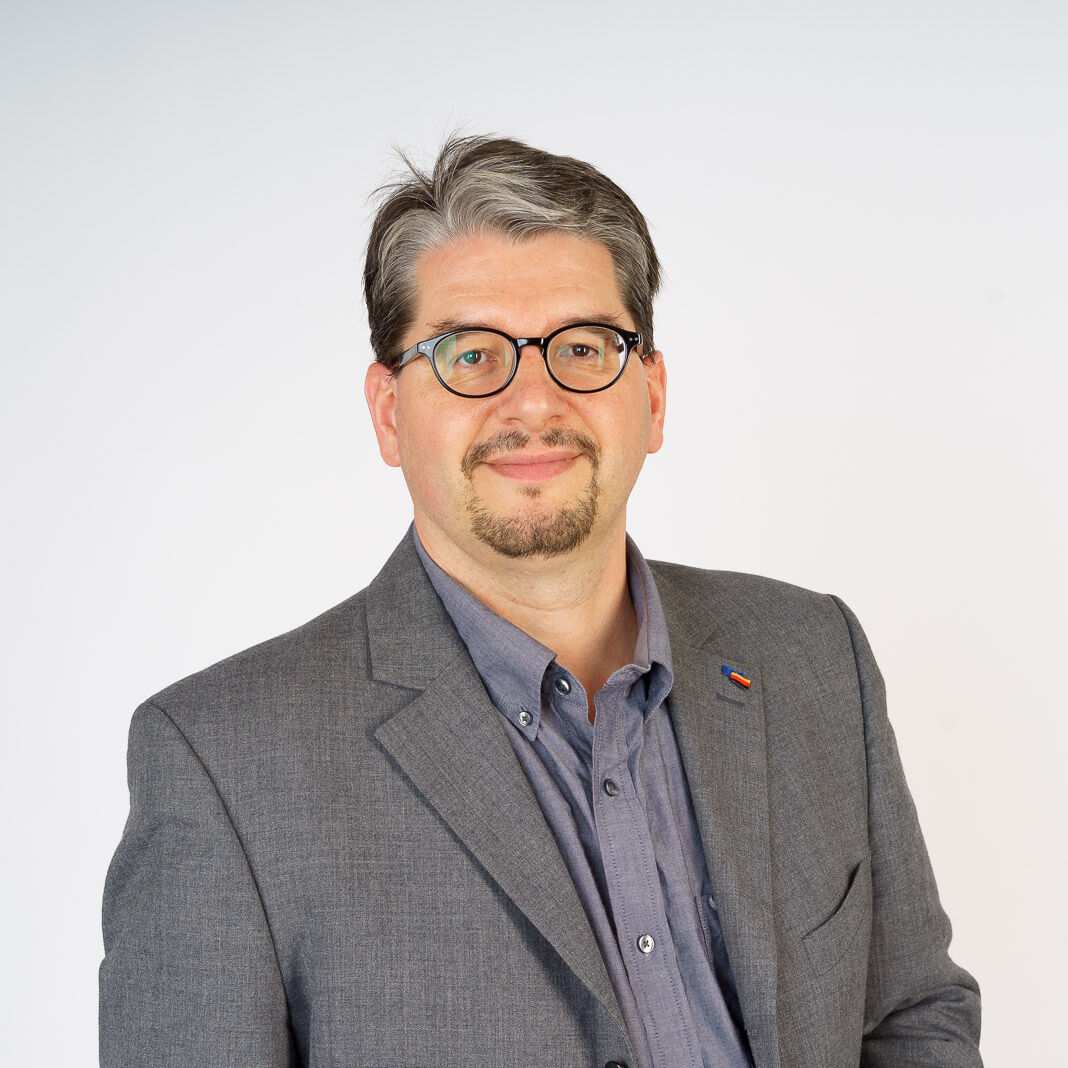Conference “5+ Jahre - Wir schaffen das” - History, Fears, Hopes and Perspectives on Work with Refugees in Rostock (4-5th March 2021)
The University of Rostock and the Rostock International House are extending an invitation to all interested parties and those involved in refugee work in Rostock and the surrounding area, and throughout the Federal Republic of Germany to the “5+ years – We can do it“ conference on 4th and 5th March 2021. The conference will serve as a platform for the sharing of experiences for those working on behalf of refugees, from the fields of science, politics, civil society, and public relations. It is expected that around 150 experts will address practice-oriented topics concerning work with refugees, both within a university setting specifically, and within society in general over the last five years. The history, fears, hopes and perspectives on work with refugees in Rostock and in the state of Mecklenburg-Western Pomerania will be the focus of discussion.
We look forward to your participation and learning about your diverse experiences!
Please register using our online form by 23/02/21:
Important: The conference will take place online from 4th - 5th March 2021 as a live stream. Registered participants will receive links to the live stream and to the online workshops by email.
Background Information
“Germany is a strong country. The motto that we must approach these matters with is this: We have achieved so much - we can do it!” When Angela Merkel uttered this phrase at the Federal Press Conference on 31st August 2015, she could not have suspected that it was destined to be her most controversial statement, which, even to this day, divides the country both politically and on a societal level. Whilst some considered “We can do it” to be the key slogan of a new German culture of welcome, others saw it as a throw-away trivialisation of a complex problem, amounting to an invitation to thousands of Syrians and Afghans to make their way to Germany.
1.3 million refugees came to the Federal Republic of German in 2015; the “refugee year”. In September and October alone, at the height of the so-called “refugee crisis”, the Hanseatic City of Rostock accommodated around 26,000 refugees. In an impressive demonstration of civil commitment, a large number of Rostock’s citizens, many of them students at the University, applied themselves tirelessly and around the clock to ensure the welfare of the refugees in the Hanseatic City. The number of refugees has reduced massively over the last two years since the closure of the Balkan route, alongside other measures; however immigration and the treatment of refugees continue to be among the most politically-charged topics, and the debates surrounding these issues are the main reason for the rise of right-wing popularism.
Rostock is still attempting to adopt a positive stance and, in 2018, was one of the first cities to declare itself prepared to offer a “Safe Haven” for the acceptance of refugees rescued from distress at sea, by means of a joint declaration. Since then, around 60 German cities have associated themselves with the declaration. The University has established a comprehensive service for refugees interested in studying, and has accepted many of them into a wide variety of courses of study. However, this should not be a reason for self-satisfaction. Half a decade since Merkel’s defining slogan, we must perform a critical assessment, not only of what has been achieved, but also of the ongoing challenges.
What is the current situation regarding flight and migration? Can we consider the integration of refugees to be a success or are there still clear deficits to be accounted for? What is the connection between the dynamics of right-wing popularism, right-wing extremism and right-wing force with the debates surrounding fight and asylum? Which structures have been created in the city and state, and in the University sector, since 2015 in reaction to the events and developments, and to what extent do they require consolidation and additional expansion?
These are some of the central questions that will be addressed at the refugee conference on 4th and 5th March 2021. In a dialogue between science, politics and the general public, lectures, workshops, and a podium discussion will address a wide range of practice-related topics concerning the work with refugees in Mecklenburg-Western Pomerania, and primarily in Rostock. The discussion will be rounded off by a supporting cultural programme, comprising a movie night and photographic exhibition.
Programme Overview
Be inspired to share your experiences by practice-oriented workshops, scientific contributions, fascinating lectures, and a podium discussion. Network with people who work with refugees at our “More than 5 years - We can do it” conference.
You will find the comprehensive programme with all the information here.
Please be aware that the programme is not final and may therefore be subject to constant change. We advise you to visit this website regularly to keep yourself updated!
Materials for download:
Supporting Programme
There will also be a photographic exhibition associated with the conference, entitled “5 Years of New Faces– Facets of Integration in Rostock“. This exhibition is presented in collaboration with refugees now living in Rostock. We are grateful to them for presenting their experiences, feelings, and perspectives in this way, thus enhancing the conference.
In addition, on the evening of Thursday 4th March 2021, we will be screening the documentary film, “When Paul came over the Sea” in the presence of the director, Jakob Preuss. The movie night will be a public screening and will round off the first day of our diverse conference programme.
The film: Paul Nkamani has managed to make his way from his home in Cameroon to the coast of Morocco through the Sahara. Here Paul gets to know the movie director Jakob Preuss, who is on a research trip along Europe’s external borders. Shortly afterwards, Paul managed to get a sought-after seat on an inflatable boat heading for Europe, but the crossing had a tragic outcome: Half of his fellow passengers died and Paul survived. The director saw the shattering images of the rescue on the TV and started to search for Paul. After spending two months in detention pending deportation, Paul was eventually found by Jakob in a Spanish Red Cross Home. When Paul made a decision to move to Germany on account of the economic crisis in Spain, Jakob had a decision to make: Should he support Paul in his efforts to create a better life or remain in the role of an observing moviemaker?
Four and a half years after Paul began his Odyssey and left his mother in Cameroon, he moved in with Jakob’s parents - into the director’s former childhood bedroom. However, his future in Germany remains uncertain…
Prof. Dr. med. Wolfgang Schareck
Welcoming address and exhibition opening
Prof. Wolfgang Schareck has been rector of the University of Rostock since 2009. He was born in Düsseldorf in 1953. Prof. Schareck, a vascular surgeon, studied in Freiburg, has been a surgical consultant since 1987 and qualified as a university lecturer in 1992 in Tübingen. He joined the medical faculty at the University of Rostock in 1994. Since then he has presided over the General, Thorax, Vascular and Transplantation Surgery Department. He holds the chair for vascular and transplantation surgery and, since 2003, has managed the Vascular Surgery Department at the University Hospital. His research focuses on the field of transplant medicine, such as pancreas and liver transplants.
To date, Prof. Schareck has sat on several different committees at the University of Rostock. In 2006 he was elected to the university senate, and from 2004 until 2008 he was a member and subsequently President of the Council. He was the academic dean and a member of the Medical Faculty Council. In 2008 he was elected prorector for studies and teaching, prior to being elected as rector in 2009.
Dr. Uta Buttkewitz
Conference Facilitator (Thursday)
Dr Uta Buttkewitz has been coordinator for Welcoming Culture Equal Opportunities since 2016. She previously held roles over several years as Director of the Graduate Academy and Director of the Welcome Centre at the University of Rostock. Following an internship at the Museum for Communication in Berlin, as from 2006 she worked as a scientist at the Institute for Communication Science at the University of Rostock, to name but one of her roles.
She studied German studies, history, prehistory and early history and English linguistics at the University of Rostock and graduated with a thesis on the "Problem of Simulation in the Texts of Thomas Mann."
Abdelrahman Fatoum
Conference Facilitator (Thursday)
Abdelrahman Fatoum has worked at the University of Rostock since 2019 as the officer for refugee concerns, events, and special international projects. Mr Fatoum previously represented the TU Berlin in Egypt, where he managed the International office of the TU Berlin in Cairo. Between 2011 and 2016 he held various positions at the Cairo office of the German Academic Exchange Service (Deutscher Akademischer Austauschdienst, DAAD).
He studied German studies and translation, graduating with a Bachelor’s degree from the Ain Shams University in Cairo. He completed his Master’s degree at the Technical University of Berlin in science marketing and science communication. He wrote his Master’s thesis on the topic of “University Refugee Programmes: Optimisation approaches for the integration of refugees – Contributions to internationalisation and to the Third Mission Performance of Berlin universities.”
Stefanie Drese
Welcoming address
Stefanie Drese has been Minister for Social Affairs, Integration and Equality for the State of Mecklenburg-Western Pomerania since November 2016, acting under State Premiers Erwin Sellering (until 2017) and Manuela Schwesig. She was elected to the Mecklenburg-Western Pomeranian State Parliament in 2011, where she served as deputy chair for the SPD Parliamentary Group from 2011 until 2016.
Ms Drese is a native of Rostock and studied law at the University of Rostock (1995-2000). Since 2003 she has worked as a lawyer with a focus on criminal law, in Bad Doberan. She joined the SPD in the same year.
Claus Ruhe Madsen
Welcoming address
Stefanie Drese has been Minister for Social Affairs, Integration and Equality for the State of Mecklenburg-Western Pomerania since November 2016, acting under State Premiers Erwin Sellering (until 2017) and Manuela Schwesig. She was elected to the Mecklenburg-Western Pomeranian State Parliament in 2011, where she served as deputy chair for the SPD Parliamentary Group from 2011 until 2016.
Ms Drese is a native of Rostock and studied law at the University of Rostock (1995-2000). Since 2003 she has worked as a lawyer with a focus on criminal law, in Bad Doberan. She joined the SPD in the same year.
Reem Alabali-Radovan
Welcoming address
Reem Alabali-Radovan has served as the integration officer for the State Government since 14 January 2020. She was previously the manager of the Office of the State Integration Officer within the Ministry for Social Affairs, Integration and Equality.
From 2015 she worked within the Office for Migration and Refugee Affairs within the Mecklenburg-Western Pomerania State Office for Internal Administration, in the Nostorf-Horst first reception facility and the Schwerin/OT Stern Buchholz office, in various roles.
From 2012 until 2014, Alabali-Radovan was a research assistant in Berlin at the German Orient Institute and as a country correspondent for the Near and Middle East Association (Nah- und Mittelost-Verein e.V., NUMOV). She has a degree in political science (graduating in 2013 from the Free University of Berlin) and speaks Arabic, English and Assyrian.
Dr. Olaf Kleist
Keynote
Dr J. Olaf Kleist is a political scientist at the German Centre for Integration and Migration Research (Deutschen Zentrum für Integrations- und Migrationsforschung, DeZIM) with a focus on forced migration and refugee research. He previously attended the Institute for Migration Research and Intercultural Studies (Institut für Migrationsforschung und Interkulturelle Studien, IMIS) at the University of Osnabrück, the Refugee Studies Centre at Oxford University and the Institute for Social Research at Swinburne University in Melbourne. He is founder and chair of the Forced Migration Research Network and co-editor of Z’Flucht: Zeitschrift für Flucht- und Flüchtlingsforschung (Forced Migration and Refugee Research Journal). He has conducted research into voluntary refugee work, the prevention of violence in refugee accommodation, resettlement and the relationship between remembrance and migration politics. He graduated in 2012 from the Free University of Berlin.
Christian Müller
Keynote und Podium Discussion
Christian Müller is the Deputy Secretary-General of the German Academic Exchange Service (Deutscher Akademischer Austauschdienst, DAAD), and Director of the DAAD capital offices in Berlin and, as such, is the link between the DAAD head office in Bonn and capital city politics in Berlin. He has previously held various positions within the DAAD. Between 2014 and 2018, he served as Director of the Strategy Division, head of the DAAD office in Rio de Janeiro and of the German House of Science and Innovation in Sao Paulo (2009-2014) as well as Head of the Coordination and Networks Division of the International University Marketing Office (2002-2003).
Christian Müller studied German studies and social sciences in Göttingen and Bonn, and also worked for the DAAD as a lecturer in Portugal and Brazil, where he also directed the foreign language section of what is now the GIZ.
Michael Paulus
Facilitation and round table
Since the beginning of 2013, Michael Paulus has been the Director of the Rostock International House at the University of Rostock. Having studied German studies, history, and philosophy at the universities of Bielefeld and FU Berlin, in the early 90s Michael Paulus relocated to the USA, where he initially studied at New York University before later teaching the Culture Programme at the Deutsches Haus at NYU, alongside work as a journalist and translator. In 2002 he moved to Hong Kong and 5 years later to Seoul, South Korea, where he directed the respective DAAD offices, and taught at the Hong Kong Baptist University and Yonsei University (Seoul) in the fields of European Studies and German Studies.
Prof. Dr. Bettina Eichler-Löbermann
Round table
Since 2015, Prof. Bettina Eichler-Löbermann has been an associate professor on the Chair for plant cultivation at the Agricultural and Environmental Sciences Faculty at the University of Rostock, where she previously worked as a scientific researcher since 1998. From 2013 until 2018 she was prorector for International Equality and Diversity Management, where she was commissioned by the rectorate to oversee the areas of equality and diversity management. From 2011-2013 she served as the rector’s international affairs officer. She has numerous academic links to South and Central America.
Prof. Eichler-Löbermann studied agro-ecology at the University of Rostock, where she graduated in 1997 and qualified as a professor in 2004. She has been a member of the faculty council and the Leibniz Scientific Campus for Phosphorus Research since 2013.
Dr. Barbara Amling
Round table and Workshop 5
Dr Barbara Amling has been Director of the Language Centre at the University of Rostock and a member of staff for the English editorial office since 2001. Under her leadership, the Language Centre made the transition into its current form. At the University of Rostock she initiated and was involved in the most diverse projects, including in the University Senate. In collaboration with the RIH, she also oversaw the project for the language-based and technical integration of refugees interested in pursuing a course of study.
She is a qualified language mediator for Russian and English and graduated in 1985 with a thesis on the issues of machine translation.
Adnan Harb
Round table
Adnan Harb is an educational consultant and Managing Director of the Study in Germany Association, Rostock, which he converted from a Language Association into a Language School. The association itself is a coming together of academics from the Hanseatic and University City of Rostock, who have made it their goal to generate an interest amongst university applicants in Germany as a study location and to make studying in Germany attractive. Study in Germany works closely alongside the University of Rostock.
Adnan Harb came to Rostock from Syria more than 30 years ago, studied at the University of Rostock and has also worked at “migra e.V.” for many years.
Peter Wickboldt
Round table
Peter Wickboldt is head of the ”Engineering and Logistics” division within the University of Rostock's administration "Technology, Construction, Properties" department.
He was the responsible Crisis Manager and Head of the Engineering and Logistics Division, and planned and implemented the "non-specific use of properties", coordinating with the city, the police force, and all citizens accordingly.
He has a degree in mechanical engineering, with a focus on thermal machinery and systems, from the University of Rostock.
Isabelle Pejic
Round table
Isabelle Pejic is a trainee teacher at a comprehensive school in Rostock. She studied German, social sciences and philosophy for the teaching profession at secondary schools at the University of Rostock until 2018. From 2014-2016, she was a student vice-rector at the university.
In WS 2015/2016, she took a semester off for refugee assistance. In 2015, together with others, she founded the initiative "Rostock hilft" (Rostock helps), which provided emergency care for about 35,000 refugees in Rostock in 2015/2016, who were on their way to Scandinavia.
Prof. Dr. Jörn Dosch
Podium discussion facilitation
Prof. Dr Jörn Dosch has, since 2013, been holder of the Chair for International Policy and Development Cooperation, and Deputy Dean of the Economics and Social Sciences Faculty at the University of Rostock since 2013. He previously held professorships at the University of Leeds (Great Britain) and the Australian Monash University (Malaysia Campus) and also attended Stanford University in the USA, as the Fulbright scholar-in-residence. He graduated and qualified as a professor at the Johannes Gutenberg University in Mainz (1996 and 2000). Prof. Dosch has occupied his time with teaching and quite a number of publications, addressing complex topics such as minorities, migration and forced migration, and has evaluated multiple programmes and projects within the context of development collaboration, with a focus on these areas, among others. His research focus is Southeast Asia.
Prof. Dr. Meike Klettke
Podium discussion
Meike Klettke is a professor of information science, and since April 2018 has been Prorector for International Affairs, Equality and Diversity Management at the University of Rostock. Between 2016 and 2018 she was Deputy Chair of the university’s Academic Senate. Prof. Klettke is responsible for student mentoring within the Faculty for Computer Science and Electrical Engineering, for the Bachelor in Computer Science, Bachelor in Business Informatics, the Computer Science teaching diploma and vocational education for Information Technology.
Her research focuses are databases and information networks. In 2020 she became an associated member of the European EU Conexus University, “The European University for Smart Urban Coastal Sustainability” with the lead partner La Rochelle Université. A full membership is pursued.
She graduated and qualified as a professor at the University of Rostock.
Stephanie Nelles
Podium discussion
Stephanie Nelles has been the Integration Officer for the Hanseatic and University City of Rostock since 2011. The Integration Officer's duties include, among others, strategic integration management and networking within communes, on a state and national level.
She acquired her first professional experience working with migrants as a social worker in Berlin-Neukölln (1989-1994) and later as a probation officer for the Federal Ministry for Justice in Graz, Austria (1994-2000). From 2002-2006, Ms Nelles worked as a scientific researcher within the international students’ office at the University for Applied Science and Art in Göttingen.
Prior to her current employment as an Integration Officer, she worked as a research assistant at the Agricultural and Environmental Science Faculty at the University of Rostock (2008-2011).
Dr. Ahmed Maher Fakhouri
Podium discussion
Dr Ahmed Maher Fakhouri has been working in the field of the linguistic and professional integration of immigrants in Mecklenburg-Western Pomerania for 25 years. Since November 2011 he has directed the IQ network for the state of Mecklenburg-Western Pomerania. IQ stands for ”Integration through Qualification”. He is also a founding member and a member of the Board of Directors of “migra e.V.”, an association that has focussed on the language, education and integration of migrants in Mecklenburg-Western Pomerania since 2007.
Born on 27.04.1959 in Aleppo/Syria, Dr Ahmed Maher Fakhouri studied agricultural sciences at the University of Aleppo. From 1984 until 1990 he studied to qualify as a professor at the University of Rostock, where he graduated with “magna cum laude” in April 1990.
Florian Fröhlich
Podium discussion
Since 2019, Florian Fröhlich has been a social worker at the shared accommodation facility for refugees in Satower Strasse, which is run by Ökohaus e.V.. He previously worked for two years as a refugee counsellor in the University of Rostock’s International House and from 2016 until 2017 as a consultant for asylum-seekers at Flüchtlingsrat M-V with a focus on the asylum procedure and right of residence. In 2015 he founded the “Rostock hilft” initiative, through which, in 2015/2016 approx. 35,000 refugees received emergency aid in Rostock, while en route to Scandinavia.
From 2009 – 2016, Florian Fröhlich studied political sciences and philosophy at the University of Rostock. During his studies he held various positions within student representation and student self-administration, for instance as Deputy Chair of the Student Council or as a member of the Academic Senate and Council.
Christin Zimmer
Conference facilitation (Friday)
Ms Christin Zimmer has been responsible for the Refugee Department in Rostock International House at the University of Rostock since spring 2019. She previously worked at the HWR Berlin in the International Office.
Christin Zimmer studied for a dual-subject Bachelor’s degree in cultural science and Spanish philology at the University of Potsdam. She graduated from the "European Studies" Master’s course at the European University Viadrina in Frankfurt Oder. Her research focus there was mainly on EU migration policy, which is why she elected to grapple with the EU’s foreign policy in her Master’s thesis, focussing specifically on the “Frontex” border protection agency. Periods abroad in Barcelona and at the German Embassy in Quito rounded off her academic career.
Prof. Dr. Ursula Birsl
Keynote
Prof. Dr Ursula Birsl is a graduate sociologist and a professor of political science, with a focus on democratic research at the Institute for Political Science at the Philipps University of Marburg. She is currently serving as the coordinator of the BMBF-funded joint project, “Mobilisation and Radicalisation towards Violence in the Real World – causes, processes and counter-strategies within the context of the debate surrounding forced migration and asylum” (PANDORA). Her research focuses are international comparative democratic and autocratic research, democracy within the migration society, right-wing extremism and gender.
Selected current publications include: Die Demokratie und ihre Gegenbewegungen: eine kritische (Selbst-)Reflexion zu Begriffen und Referenzrahmen in der Rechtsextremismusforschung [Democracy and its counter-movements: a critical (self-)reflection regarding terms and reference frameworks in research into right-wing extremism], in: Politische Vierteljahresschrift (PVS), Year 59, Issue 2, 2018.
Before she received a call to the Marburg University, she held visiting professorships at the universities of Erfurt, Greifswald and Gießen. She graduated (1993) and qualified as a professor (2003) at the University of Göttingen in the field of political science, and completed research placements at universities in Great Britain and Spain.
Lukas Brück
Workshop 1
Lukas Brück (MA, Universities of Amsterdam, Barcelona, Malta and Oslo) conducts research into the integration of refugees in Germany and in developing countries. He is currently employed as a consultant within the Education, Skills and Employment (ESE) Department at GFA Consulting Group GmbH in Hamburg, and has previously worked for the Robert Bosch Foundation in Stuttgart, among others. In 2016 he was the International Visiting Scholar at the George Washington University and, prior to that, worked as an elected city counsellor in southern Germany, where he initiated a volunteer-run language preparation school for refugees in 2015.
Abedallah Abuhawa
Workshop 1
Abedallah Abuhawa completed his law degree in Damascus. He is currently in his fourth semester studying social work at the University of Applied Sciences (Hochschule für Angewandte Wissenschaften, HAW) Hamburg. There he coordinates the student "Bunte Hände" (Colourful Hands) initiative, to which more than 70 refugees, international and German students now belong, and which has set itself the goal of “positively influencing the success of international students in their studies.”
Pro Bleiberecht
Workshop 2
Pro Bleiberecht (Pro Right to Remain) is an anti-racist initiative, which acts across the whole of Mecklenburg-Western Pomerania to promote the rights of asylum seekers. There is a particular focus on the organisation of monthly vigils outside the Nostorf-Horst first reception facility, shedding light in particular on the tightening of asylum laws in recent years. Julia Reichart and Julia Appel speak on behalf of the initiative.
Cornelia Kirsten
Workshop 3
For several years now, Cornelia Kirsten has been Head of the English editorial office at the Language Centre of the University of Rostock, where she has taught business English to C1 level (now economics and engineering) since 2006. Her second teaching language is Spanish (generally A1 to B1). For some time, she has been developing the new area of competence, “Intercultural Communication” at the Language Centre, acting as an intercultural trainer. Years of experience in voluntary work with refugees and a resolute attitude of openness mean that for Cornelia Kirsten, this task really is a matter dear to her heart. She is a qualified educationalist, mediator and training coach. Her true passion is to promote and positively form links between people from diverse backgrounds.
Mandy Walker
Workshop 5
Since 2016, Mandy Walker has been teaching German courses for refugees (B1 – C1.2) at the Language Centre at the University of Rostock. Among other roles, from 2011 until 2016 she worked as a freelance lecturer, giving integration courses for a diverse range of integration course providers in Rostock and the surrounding area (A1 – B1.1). She studied African studies, German as a foreign language and Islamic studies at the University of Bayreuth, during which time she was already working as a German lecturer for the Bayreuth Institute for Intercultural Communication and the Bayreuth Summer University. As part of an internship at the Goethe Institute and as research for her Master’s thesis, she spent two semesters abroad in Togo, West Africa.
Katja Striegler
Workshop 6
Since 2016, Katja Striegler has worked as an intercultural trainer for the IQ Netzwerk MV and migra e.V., and also as a project manager for the "Vielfalt in der Arbeitswelt" (Diversity in the Working World) Service Centre. She completed her studies in the field of culture and linguistics both in Denmark, and subsequently in Flensburg. As an expert in processes for establishing intercultural openness, she trains and advises, not only employees in job centres and employment agencies, but also municipal administrative staff, medical personnel, small and medium-sized companies and all interested parties who work with immigrants, or who wish to optimise their institution on a systemic level, with regard to the removal of barriers and raising awareness of discrimination.
Ms Striegler currently works closely with the administrative district of Rostock. Working together with the district administration, the aim is to implement a diversity-oriented organisational development process, with a view to effecting and supporting structural change. The goal here is to establish an organisation that is open, barrier-free and adopts a critical approach in addressing discrimination. In this context, Katja Striegler acts as an external process assistant.
Prof. Dr. Wolfgang Muno
Facilitation of the workshop panel
Since 2018, Prof. Dr Wolfgang Muno has held the chair for Comparative Governmental Studies at the University of Rostock. He has conducted research in Latin and Central America, as well as North America and Asia, he was a Visiting Research Scholar at the University of Texas in Austin and also at the Johns Hopkins University, Washington D.C., and Visiting Fellow at the Torcuato Di Tella University. He has taught as a guest lecturer in Great Britain (University of Wales), Sweden (Umeå), Norway (Kristiansand), Poland (Opole), Spain (Valencia), China (Shanghai University of Political Science and Law) and India (Guru Nanak Dev University Amritsar, Punjabi University Patiala) among others, on topics such as development and under-development, democracy and populism, and regionalism in Latin America.
Wolfgang Muno studied political science, ethnology and public law in Mainz and Caracas. He qualified as a professor in 2015, in Mainz. From 2011 to 2013 he held a professorship for Comparative Governmental Studies at the Faculty of Political Science and the Willy Brandt School of Public Policy at the University of Erfurt, from 2014 until 2016 he held a professorship for International Relations at the Zeppelin University and 2016 held a professorship for Comparative and International Politics at the University of Koblenz-Landau (Landau Campus).
Organisers
The University of Rostock, represented by the Rostock International House, is organising the two-day conference. The event is under the patronage of the Rector and Prorector for International Affairs, Equal Opportunities and Diversity Management at the University of Rostock.
Academic Conference Administration
Prof. Dr. Jörn Dosch
Prof. Dr. Wolfgang Muno
Organisational Team
Michael Paulus
Dr. Uta Buttkewitz
Abdelrahman Fatoum
Eva Nahrstedt
Christin Zimmer
Karolin Hansen
Contact
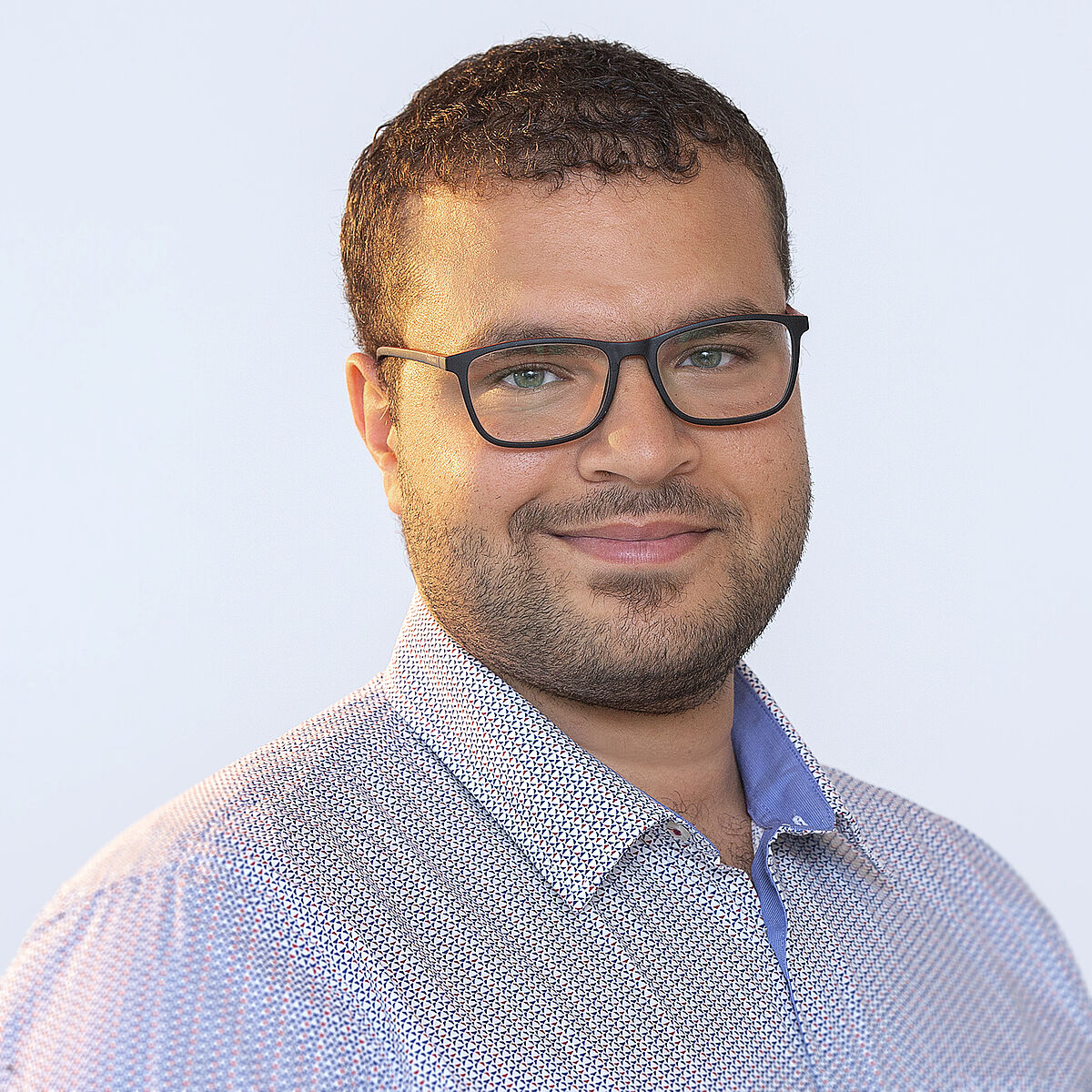
Abdelrahman Fatoum, M.Sc.
Refugee Affairs, Events and Special Projects
Email:
Tel.: +49 (0) 381 498 1702
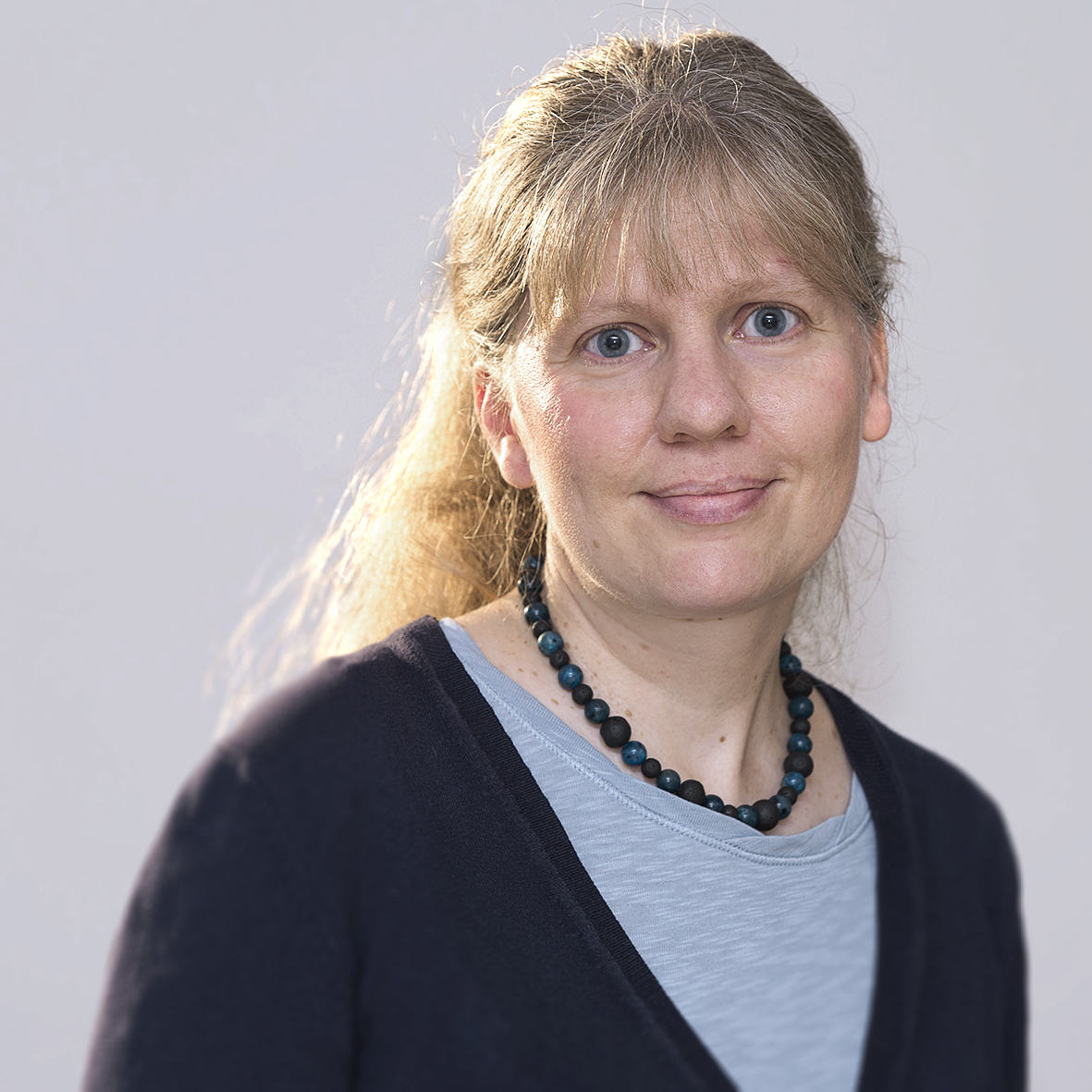
Dr. Uta Buttkewitz
Coordinator for the Culture of Welcome
Email:
Tel.: +49 (0) 381 498 1212





